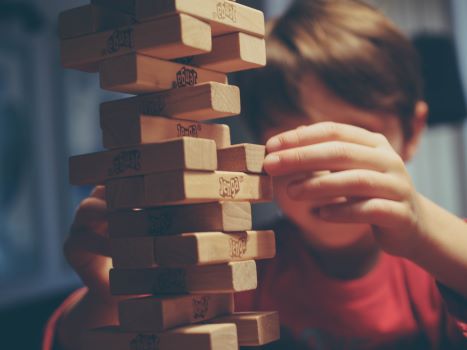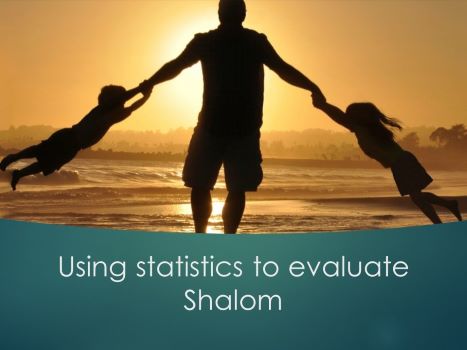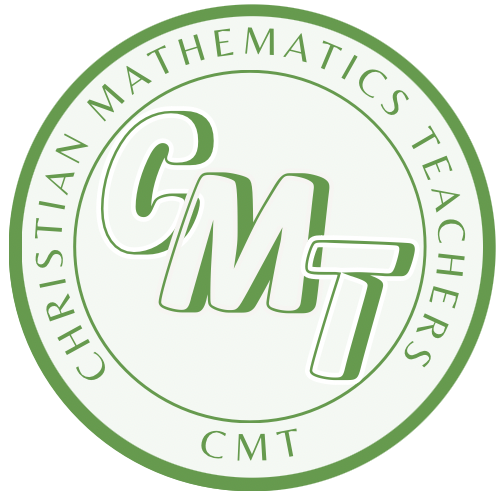God uses the Christian community to bring light and declare His praise. Each member is a valued member of the body, and by coming together, Shalom can be experienced.
1 Pet. 2:9; 1 Cor. 12
“The real satisfaction from mathematics is in learning from others and sharing with others. All of us have clear understanding of a few things and murky concepts of many more”
Thurston, 2010

Mathematical learning operates best in community.
These communities are not based on individual achievement, rankings, abilities, and hierarchies.
We need to nurture communities where imagination is expressed, tested, and considered by others. Where students can experience a safe place to make mistakes, test ideas, share knowledge, and help the weaker student. This will lead to individual and community transformation (Cairney, 2018).
Strategies
- Grouping Tables: Consider how tables are grouped to facilitate student collaboration.
- Student Interaction: Allow students to investigate, share ideas, and help each other. Allow some ‘on-task’ noise.
- Opportunities for Discussions: Provide discussion opportunities and guide students in supporting each other.
- Sharing Knowledge: Craft activities in such a way to ensure that knowledge is shared.
- Real-World Engagement: Search for “real-world” activities that engage and benefit the wider community.
- Value Diversity: Look for opportunities to communicate that you value diversity.
- Family Homework: Assign homework that encourages family interactions (e.g., reflection questions or discussion prompts).
- Nurturing Communities: Foster dynamic and spontaneous communities through prayerful submission to the Holy Spirit’s promptings.
Are your students willing to share their knowledge with each other, or do they have a selfish view of knowledge? What do you do to foster the sharing of knowledge?
“For just as each of us has one body with many members,
Romans 12:4-5
and these members do not all have the same function, so
in Christ we, though many, form one body, and each
member belongs to all the others”
Here are some tools and activities to help foster community.
-

Assignment: Sampling Statistics – Truth
Students consider: Does the sample size matter? How do we know what is the truth? Read more
-

Discussion starters and reflection questions
Discussion starters and reflection questions are a key strategy to frame learning. Providing contexts around the skills learned in mathematics are a useful way to examine current issues and help students formulate responses. Read more
-

Mathematical play
God designed us to play. It is a “deep human desire, and it is a mark of human flourishing… Everyone can have a meaningful experience in mathematical play.” Francis Su, 2020, p.49, 63 Play What is happening when we play?… Read more
-

y.7 Statistics: Assignment
Students conduct a survey to investigate how much time they spend on screens and the nature of what they are doing during that time. They can research what is recommended, reflect personally, and discuss their findings with their family. For… Read more
-

Introductory PowerPoint: Statistics – Shalom
PowerPoint: Using statistics to evaluate Shalom Peace with God, with others, and with yourself Download PowerPoint free Read more

